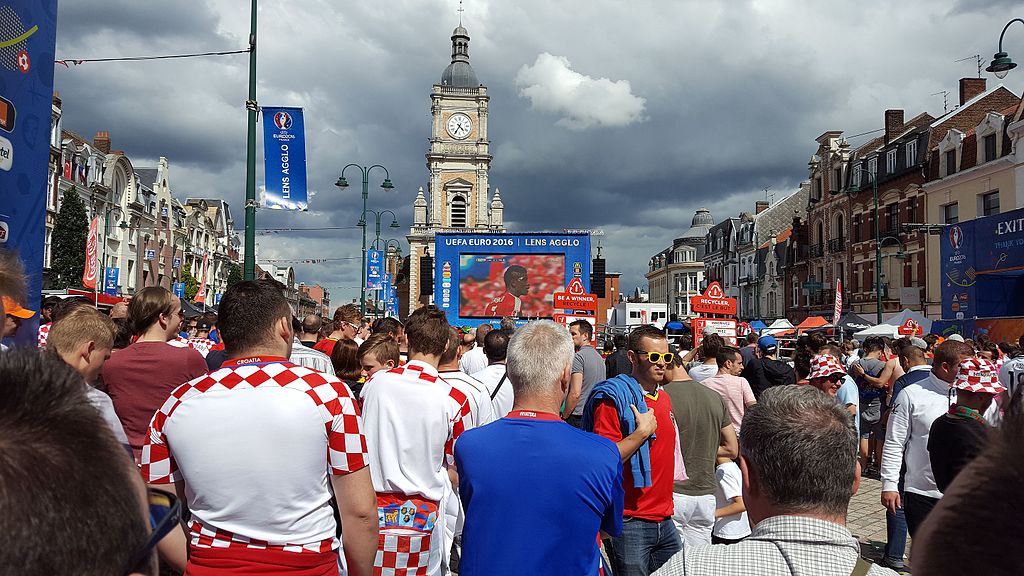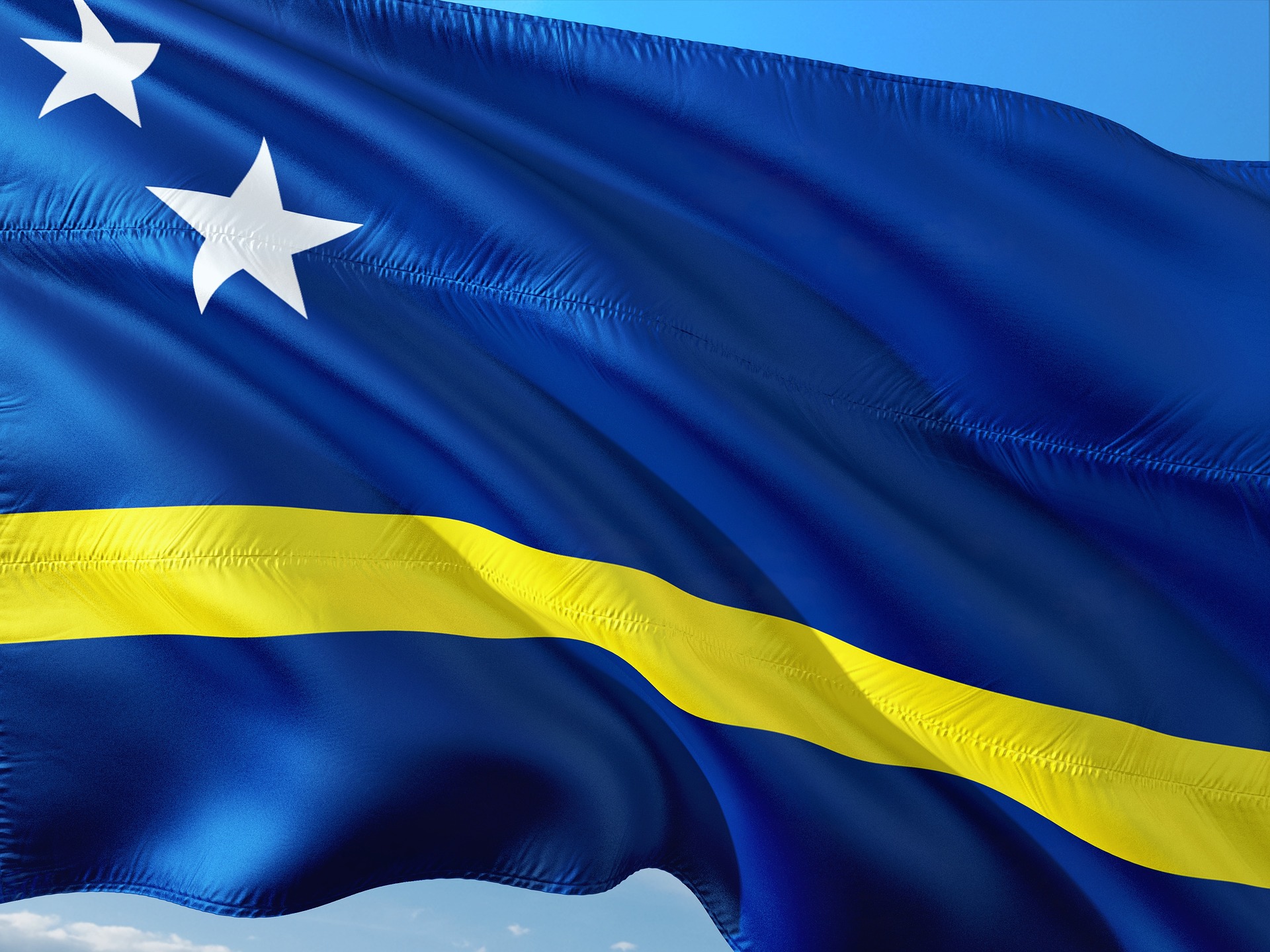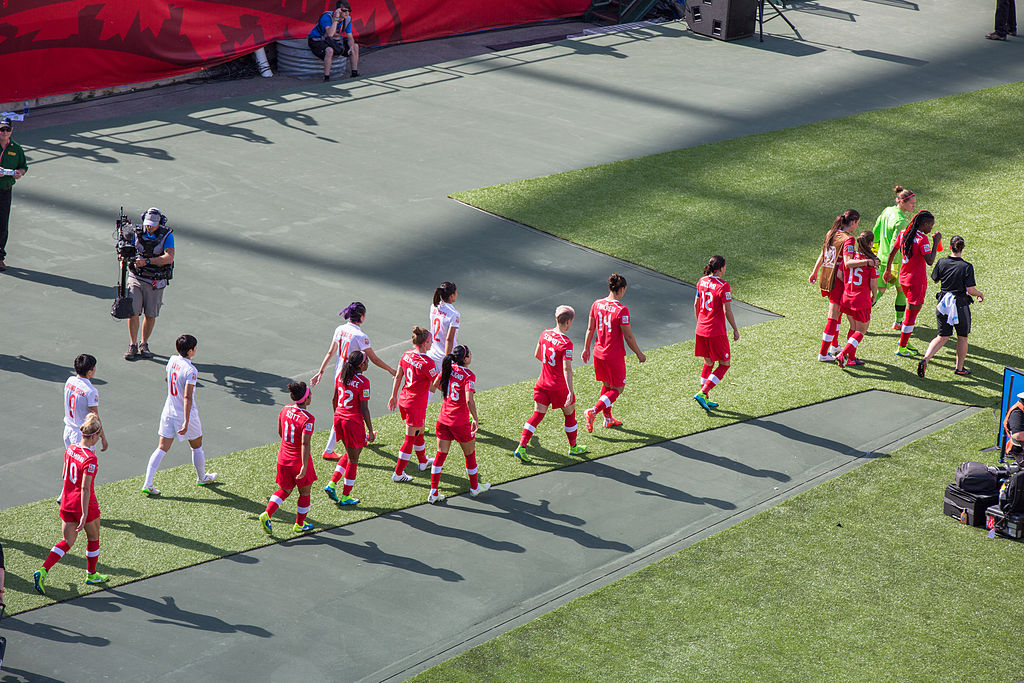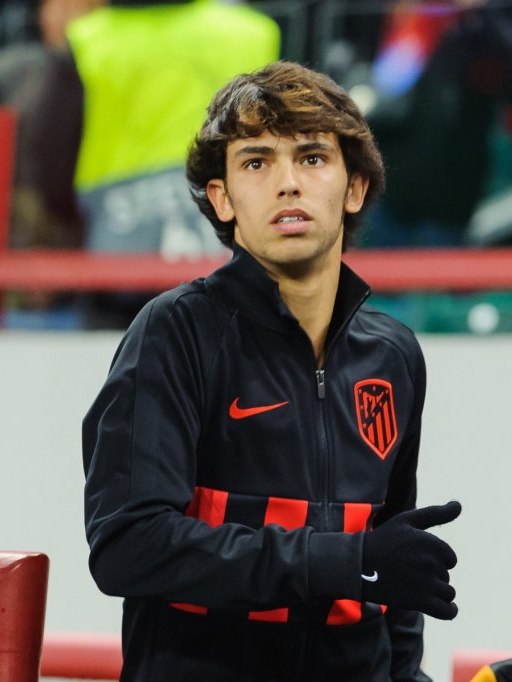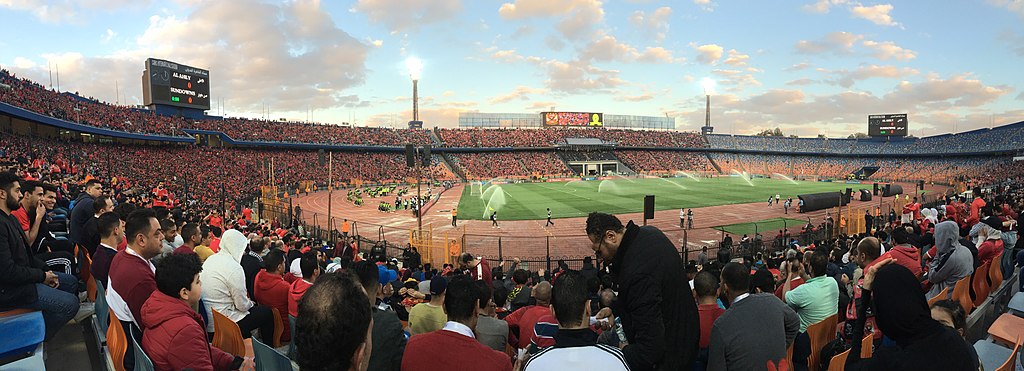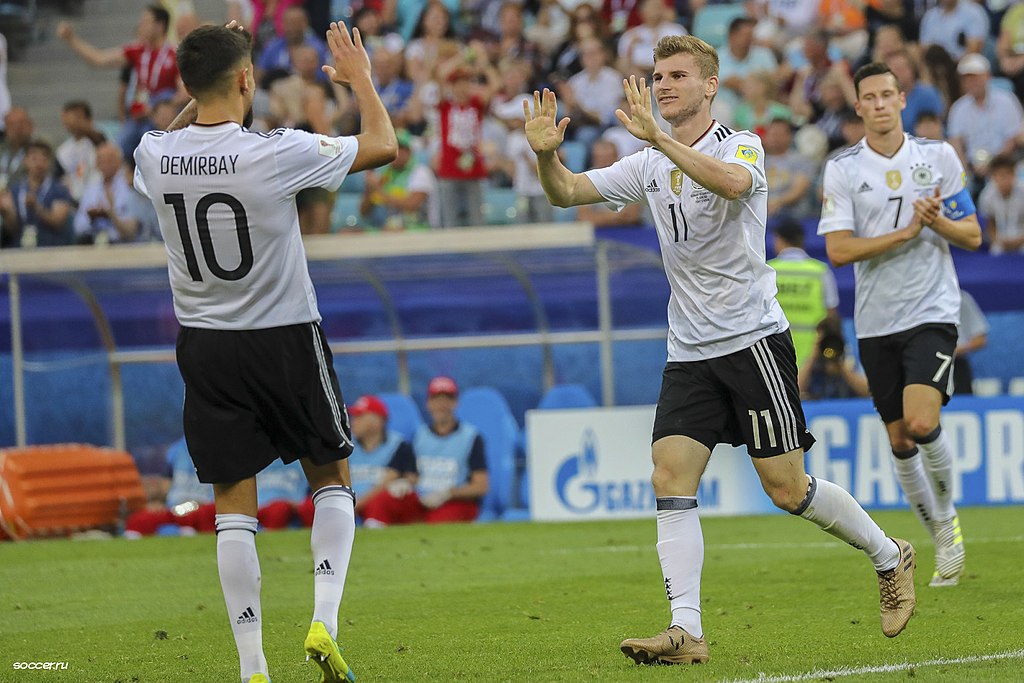The Euros have almost started, twelve months later than they were originally scheduled to take place. At the best of times, the Euros have produced surprise results (think Iceland in 2016 or Greece in 2004), and with condensed schedules for some of Europe’s biggest leagues, there could be even more surprising results. Furthermore, many star players are missing from squads due to injuries or other issues. Virgil van Dijk, Zlatan Ibrahimovic, Marc-Andre ter Stegen, Sergio Ramos, and Marco Reus are among these names. Add these factors together and this means that several underdogs could go farther than many realize. But which teams are really contenders to surprise?
Turkey
Is the 29th ranked team per FIFA in the world really a dark horse? Perhaps not, but enough people aren’t considering that Turkey could be contenders to win the tournament, undefeated in 2021 with impressive victories over Norway and the Netherlands, combined with a great young squad.
In qualifiers, Turkey proved that they can compete at the highest level. They lost only one match, 2-1 against Iceland, and beat the likes of defending World Cup champions France, as well as Moldova, Albania, and Andorra. Cenk Tosun, on loan at Besiktas from Everton, led the way for the Turks as the team’s highest scorer. Unfortunately, Tosun suffered an injury and will not be with the Turkish team, but Turkey does not lack goal scorers.
After a solid season in the Bundesliga 2 with Fortuna Düsseldorf, Kenan Karaman was selected to the squad. Karaman has been in and out of the starting eleven with Turkey, and after scoring seven goals for Düsseldorf, Karaman should get decent playing time at the Euros. Former Manchester City striker Enes Ünal joins him – Ünal is not a prolific goalscorer but featured a lot for La Liga side Getafe, working his way into the starting lineup by the end of the season. Halil Dervisoglu, on loan at Galatasaray from newly-promoted Brentford, also makes the squad in what will be a similar role. Either way, Turkey’s starting striker should be no surprise: Burak Yilmaz.
At age 35, when he should be slowing down, Burak Yilmaz is only picking up speed. Yilmaz moved to French club Lille last summer from Besiktas, the eleventh move of the striker’s career, and it was assumed that he would be a backup to young striker Jonathan David. What was not expected was that Yilmaz would score 16 league goals despite missing ten games due to injury, leading Lille to their first league title since 2011. Yilmaz also scored his first ever international hat trick in March 2021, scoring thrice (including an incredible free-kick) in a 4-2 win over the Netherlands in World Cup qualifying. He now also lies just 19 goals behind Turkey’s record goal scorer, Hakan Sükür. Yilmaz will be key at the Euros.
In the 2016 Euros, Turkey also looked like potential threats to sneak through into the knockout stages. They were unable to do so, finishing third in their group and being eliminated. However, the difference now is that Turkey has younger, more talented, and more determined players, mixed in with veteran role models like Yilmaz. Turkey do have a relatively tricky group in Italy, Wales, and Switzerland, but count on them to go through anyway.
Austria
Another team that had a disappointing Euro 2016 campaign, Austria are actually ranked 23rd in the world. How does this make them dark horses, then?
Austria have put in some dismal performances as of late, with just one win in 2021 from five games. That win was a 3-1 victory over the Faroe Islands, a country ranked 90 spots lower at 113 in the world, according to FIFA. The Faroe Islands also have a population of 50,000, roughly forty times smaller than Vienna alone. Austria also failed to impress in friendlies against England and Slovakia, and conceded four goals in fifteen minutes against Denmark in World Cup qualifiers. Because of this, many are (understandably) predicting an early exit. However, I don’t expect that.
Austria have an incredibly well-rounded squad. At first glimpse, the goalkeeper position looks a little weak, but Daniel Bachmann impressed in the Championship with Watford and became the club’s starting goalkeeper. Alexander Schlager is also coming off a decent season with LASK, and Pavao Pervan did get some playing time as Wolfsburg’s number two. The defense is one of the strongest in the tournament, with some of the finest names in the Bundesliga. Among them are David Alaba, who is leaving Bayern after a trophy-laden career, and Martin Hinteregger, who had another fine season for Eintracht, and continues to be oddly lethal for a center back (30 goals in his career, including 13 in two and a half seasons with Eintracht). Hinteregger even scored more league goals last season than Timo Werner did this season.
Midfield is more of the same, with some talented Bundesliga players like Konrad Laimer and Marcel Sabitzer in the mix. However, the team’s strongest position is at striker. Michael Gregoritsch, a journeyman Bundesliga striker, has long been a good option off the bench. Karim Onisiwo is also a good option, and has played many positions for Mainz 05. Then there is former West Ham and Stoke City striker Marko Arnautovic, currently plying his trade with Shanghai Port in China, where he has scored 20 goals since his arrival. However, Arnautovic is no longer Austria’s top striker. That goes to Sasa Kalajdzic, the Stuttgart striker who has been linked with Leipzig, Tottenham, and Newcastle. The 6’6 striker scored 17 goals this season with Stuttgart and now looks to lead Austria in the Euros.
Despite some disappointing recent results, Austria still have a good all-round team and face a relatively easy group of North Macedonia, Ukraine, and a weakened Dutch side. Don’t expect Austria to get to the final, but a group stage exit is less likely than most people think with a squad this talented.
Russia
In 2018, Russia hosted the World Cup. Thanks to their audience, home field advantage, talent, and a little luck, Russia were able to beat the likes of Spain and Egypt before losing to eventual finalists Croatia in the quarter finals on penalties. Now, though, with four games (including two of Russia’s group stage games) set to be held in St. Petersburg, will Russia be able to surprise again?
Ranked 38th in the world per FIFA, Russia is one of the lowest ranked countries in the tournament, and with good reason. Majority of the squad that did so well in 2018 is gone, including penalty hero Igor Akinfeev, Sergey Ignashevich, Aleksandr Samedov, and many others. However, Russia have replenished the squad with young, new talent (a relatively easy thing to do for the largest country in the world with a population of 145 million) and are continuing to send more players abroad. Add in the fact that the Russian Premier League has decided to change its habit of spending waaaaay too much on underperforming South Americans (sorry, Malcolm) and instead focus on recruiting smart and investing in youth. The Russian national team is heading in the right direction.
Like Turkey, however, Russia do have a tough draw. They face Belgium in St. Petersburg, Finland in St. Petersburg, and Denmark in Copenhagen. There’s still no reason why Russia can’t finish at least second or third in the group, and they will only get stronger as they advance. They also happen to have a quite good manager in Stanislav Cherchesov, and have hit a decent patch of form. I wouldn’t be surprised to see them top the group if they are able to beat Belgium at home in the first match.
Honorable Mention: North Macedonia
Just getting to the Euros is more than what was expected of North Macedonia. It’s their first ever major tournament and they face some tricky opponents (see: Austria), but they do have some good talents. A win would be a good result at this tournament, but they could potentially push for more. Never say never.
With the Euros taking place all over Europe, we will soon get a chance to see just how much of an impact fans have on a team’s performance. There are 11 stadiums around the continent that will be hosting the tournament, with some, like Rome, expecting to host up to a quarter of fans; others, including Russia, expecting up to half capacity; and ambitious Budapest aiming for a full house for its four matches. Will this give hosts an unfair advantage? Or will it give small countries a fair chance in stadiums that would usually be packed with opposition fans? Only time will tell, but after waiting over a year, all we know is that this year’s Euros are going to be good.
–
Image Courtesy of Supporterhéninois, CC0, via Wikimedia Commons.
Don’t worry if your comment does not show up, all comments must be approved to reduce spam. I hope you enjoyed, and as always, keep watching soccer!

